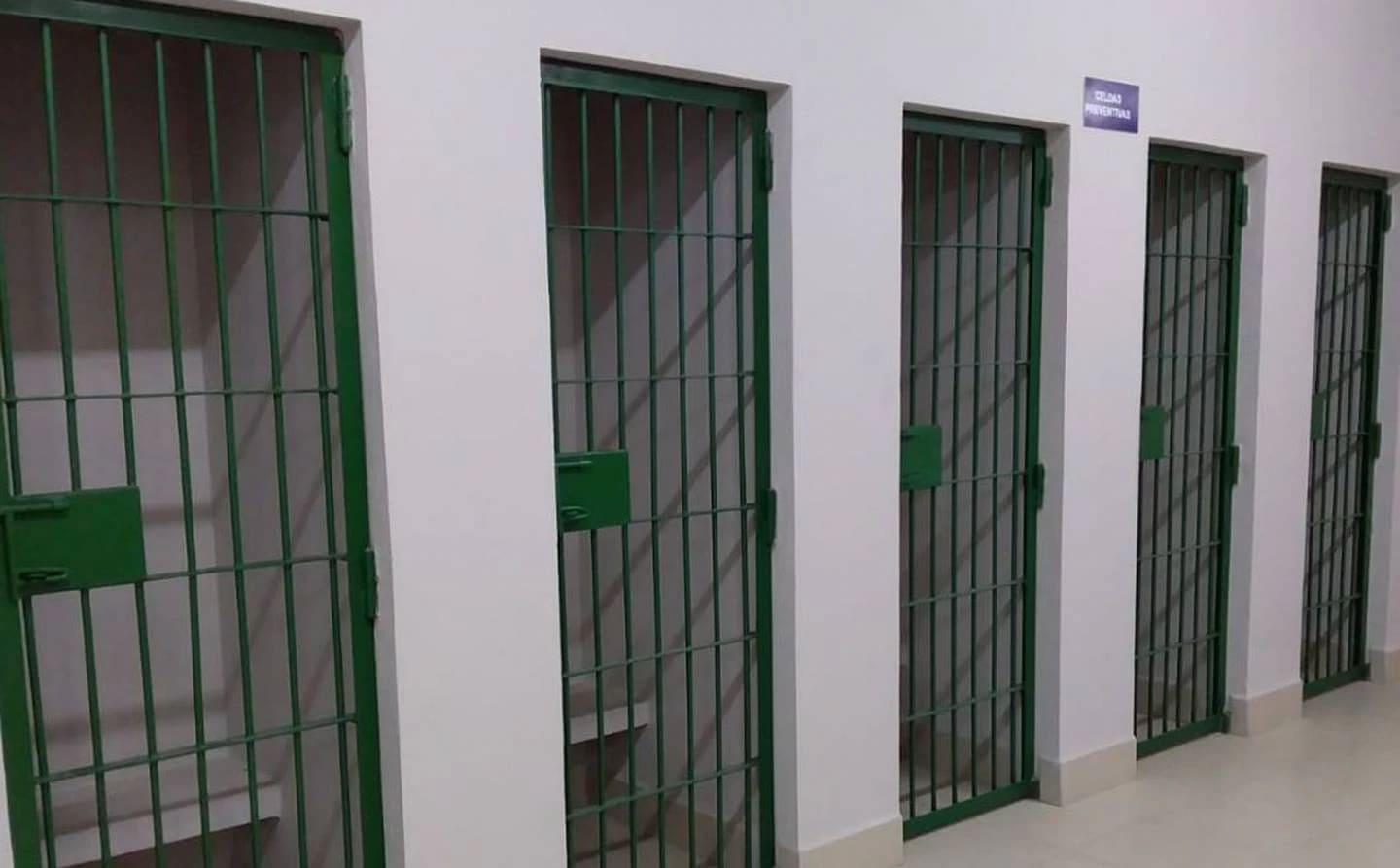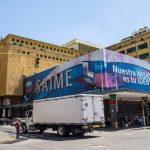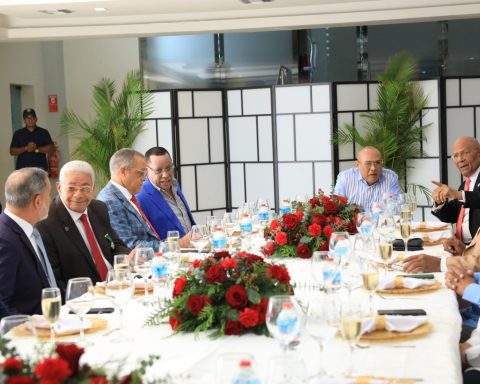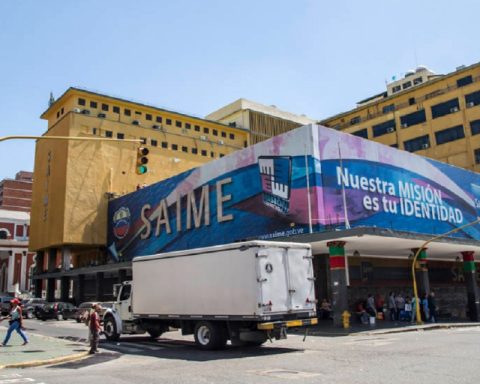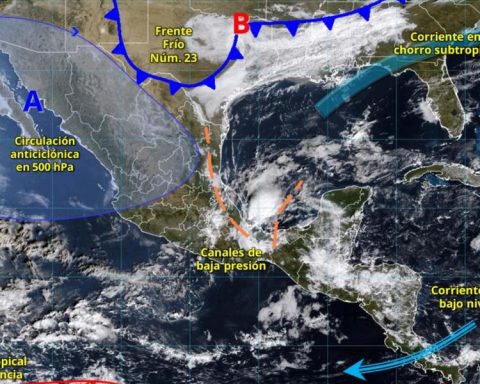The Subcommittee on United Nations for the Prevention of Torture (SPT-UN) announced this Wednesday, November 23, that has suspended his plan to visit Nicaragua, scheduled for next year, due to the lack of cooperation from the Government headed by Daniel Ortega and Rosario Murillo.
“It is extremely regrettable that Nicaragua refuses to cooperate with the subcommittee in the plans to make our second visit to the country,” its president, Suzanne Jabbour, said in a statement.
Jabbour recalled that with the ratification of the Optional Protocol to the Convention against Torture (OPCAT), Nicaragua agreed to establish an independent national prevention mechanism and support the monitoring of detention centers by the subcommittee.
“It is the first time that we have encountered such a widespread refusal to cooperate”stressed the president of the SPT, who indicated that they have referred this “serious matter” to the UN Committee Against Torture.
The visit of the Subcommittee is part of the OPCAT, which was ratified by Nicaragua in 2009, according to information on the website of the Office of the United Nations High Commissioner for Human Rights (Oacnudh).
“The Subcommittee’s mandate allows it to carry out unannounced visits to places of detention and then formulate recommendations to the authorities so that they establish effective safeguards against torture and other ill-treatment of persons deprived of liberty,” it details.
The United Nations body announced that it plans visits to Georgia, Guatemala, Kazakhstan, Mauritius, the Philippines and South Africa in 2023, in addition to those previously announced to Croatia, Madagascar and Palestine.
Only visit was in 2014
The subcommittee presented a report with recommendations to the Nicaraguan authorities after its first and so far only visit to the country between May 7 and 16, 2014, but to date the government of Ortega and Murillo has kept it secret and its content is unknown.
“The current situation of persons deprived of liberty in Nicaragua is extremely worrying,” said Enrique Font, head of the Subcommittee delegation that visited Nicaragua, according to Oacnudh.
“We trust that our findings and recommendations will be used by the Government of Nicaragua to eliminate any form of mistreatment in places of deprivation of liberty and to improve the conditions in which detainees are found,” Font stressed.
The delegation held meetings with representatives of all the powers of the State, as well as with civil society organizations. During his visits to prisons throughout the country, he interviewed prison and police personnel, as well as people deprived of liberty and their families in a private and confidential manner.
Eradicate torture “is not a political option”
At the beginning of last August, the rapporteur for Nicaragua of the Subcommittee, Juan Pablo Vegassaid that “the prevention and eradication of torture are not a political option, a humanist slogan and even less a position of some external power that violates the sovereignty of a State.”
During a virtual event, he regretted the way in which the Ortega regime has limited family visits to political prisoners and the blockade of the International Committee of the Red Cross (ICRC) to verify the state of health of the detainees.
“I would like to recall that Nicaragua has inescapable obligations in terms of torture prevention,” Vargas said.
The United Nations Committee against Torture has accused the Ortega dictatorship of subjecting political prisoners to a solitary confinement up to 90 days, while they carried out interrogations without the presence of lawyers, sometimes involving beatings, threats and sleep deprivation, later denying access to medical services.
According to a report, presented at the end of last July, the abuses are committed in a regime of “total absence of separation of powers in the State” aimed at “using criminal law to criminalize dissent, violate procedural guarantees and contribute to impunity”.
